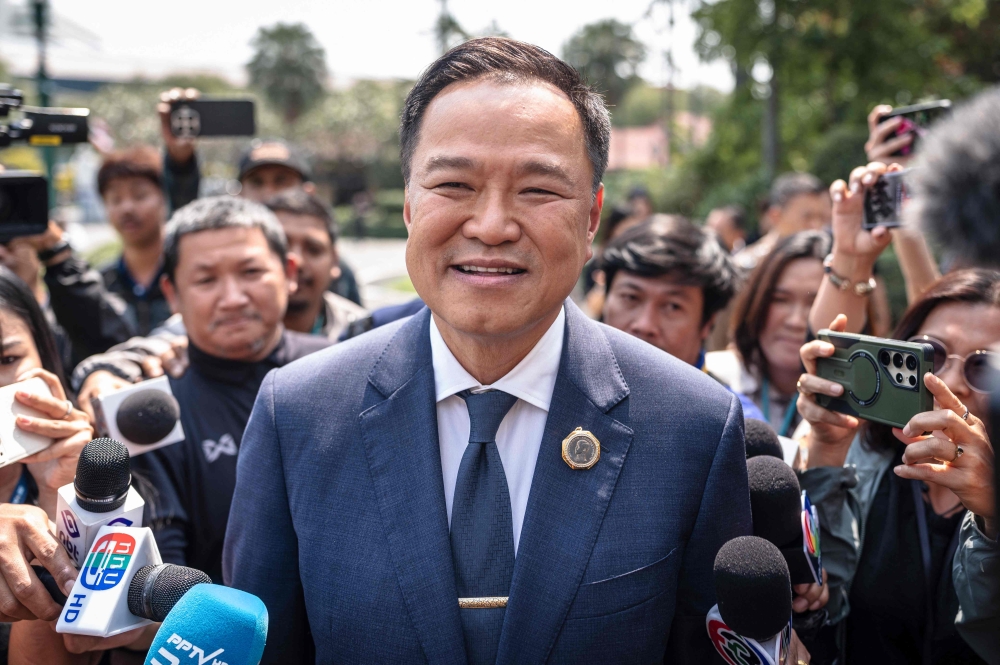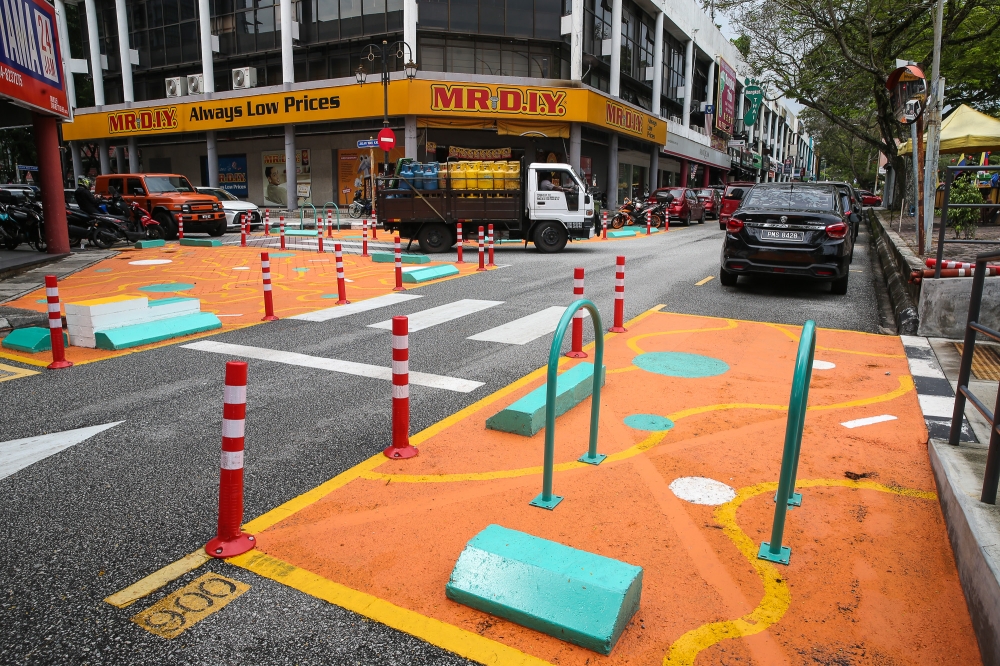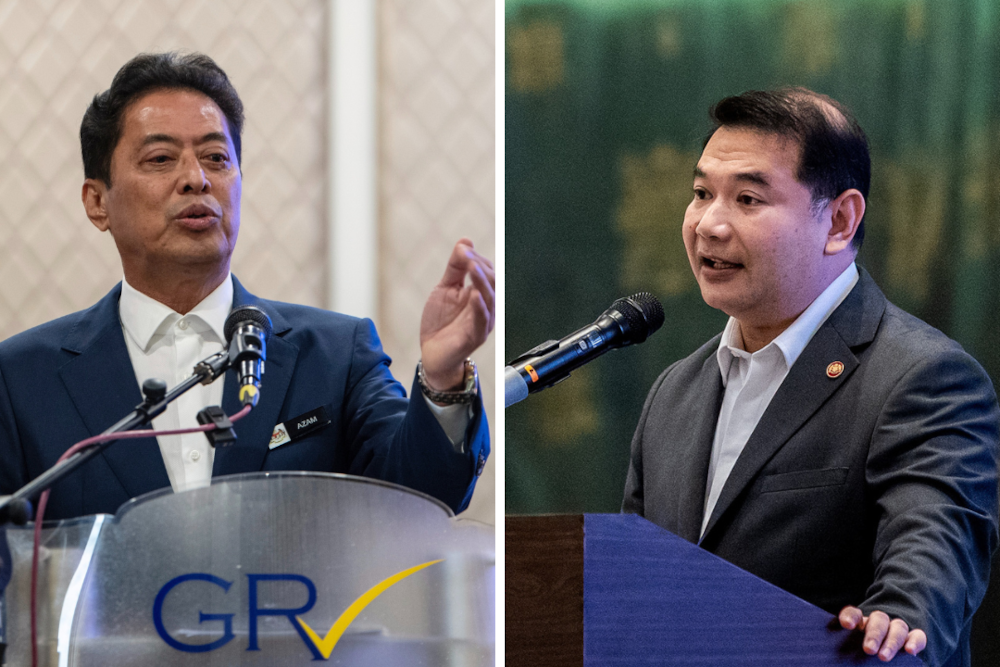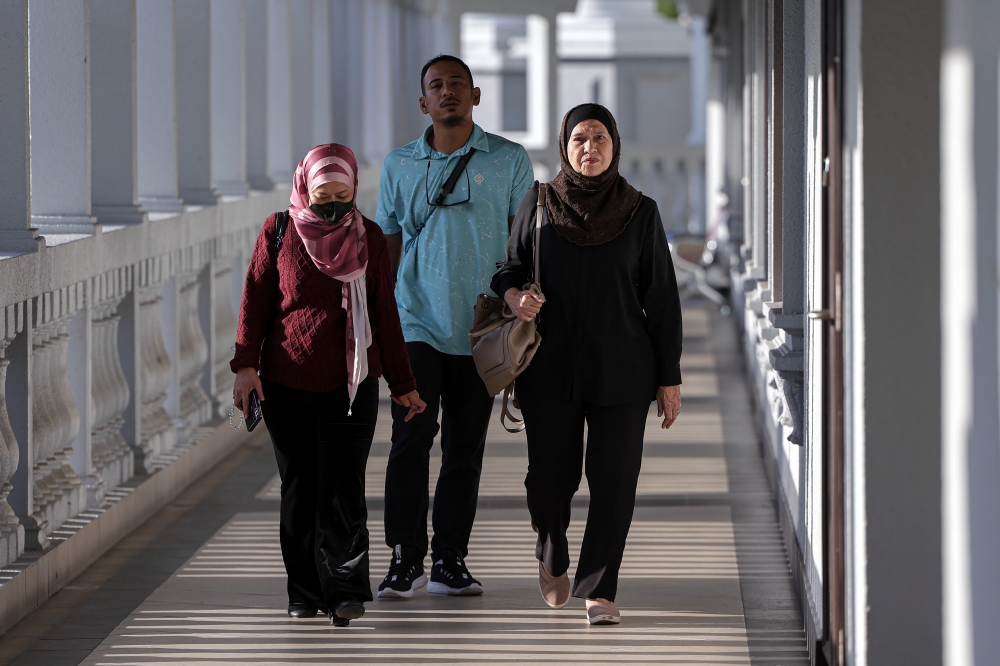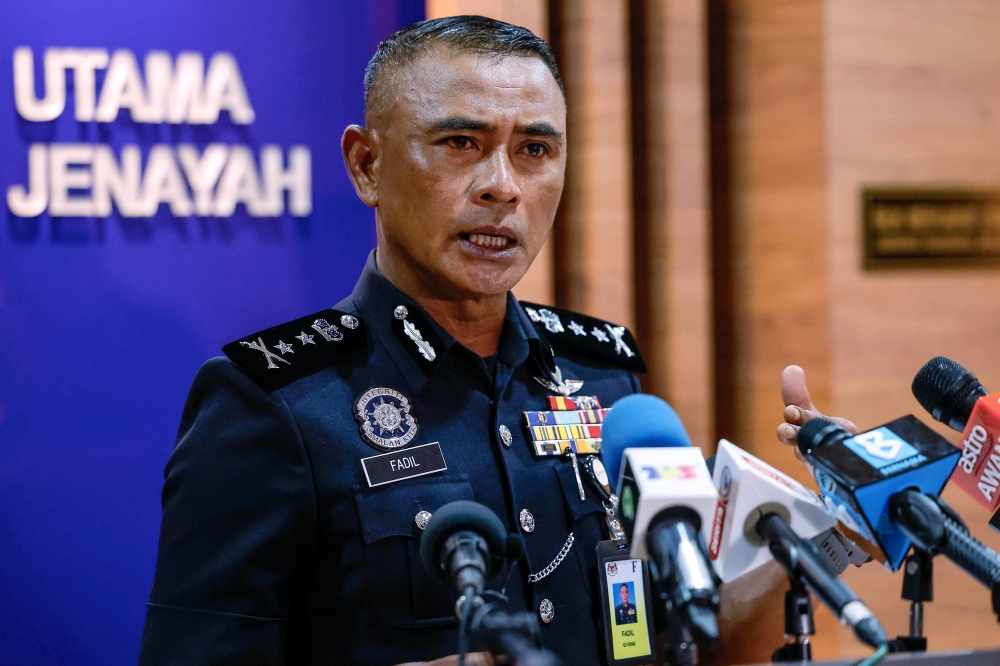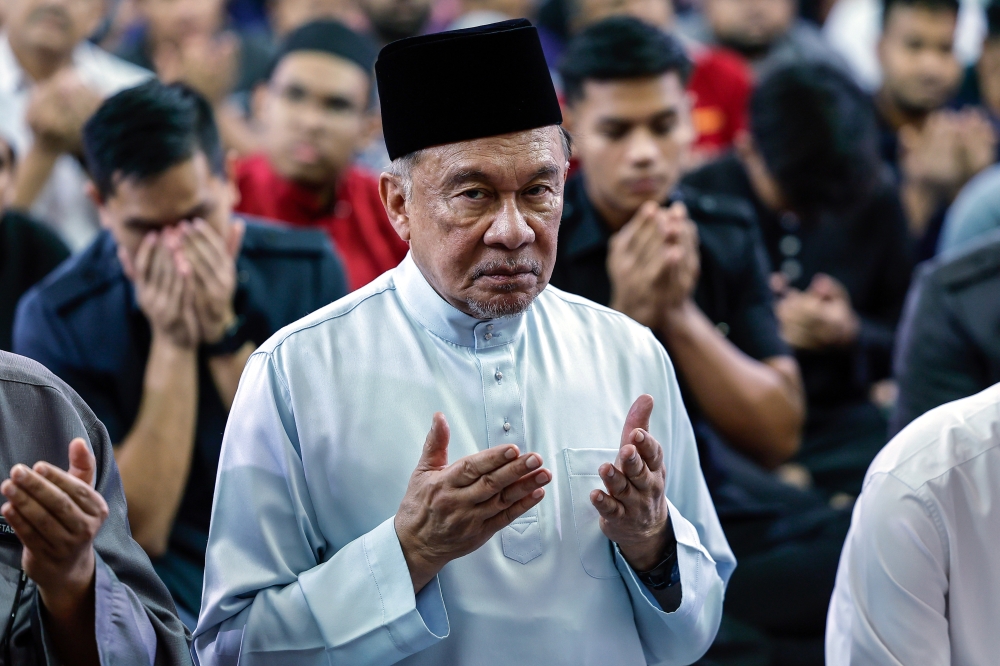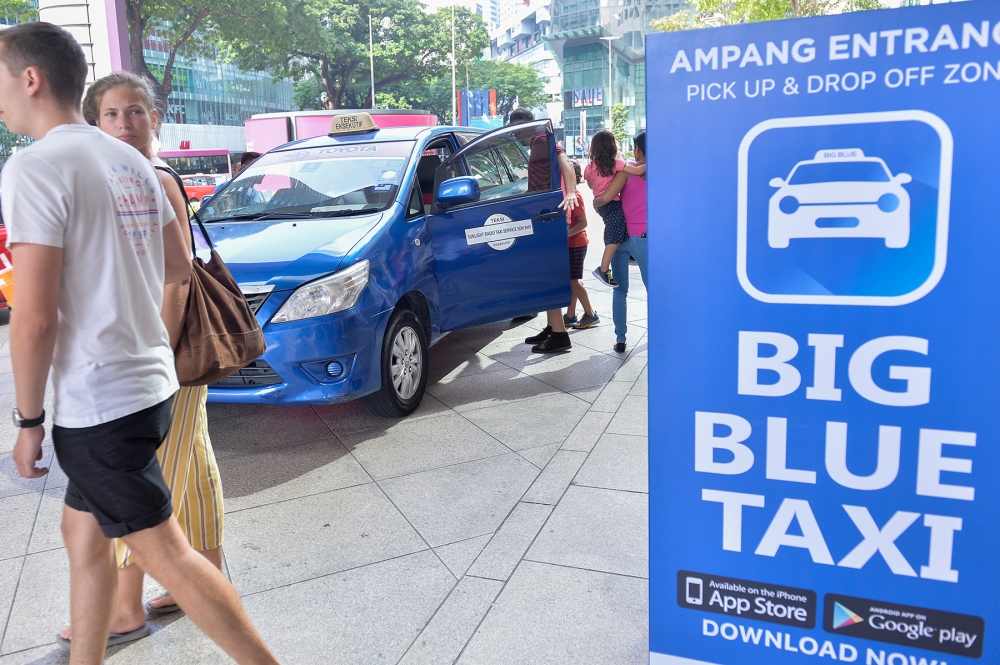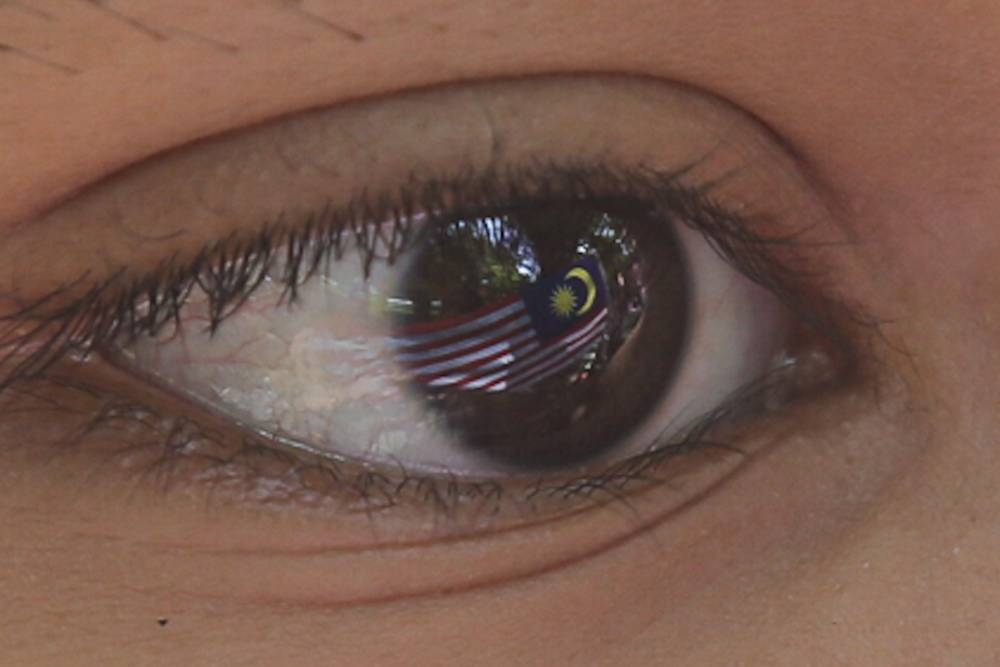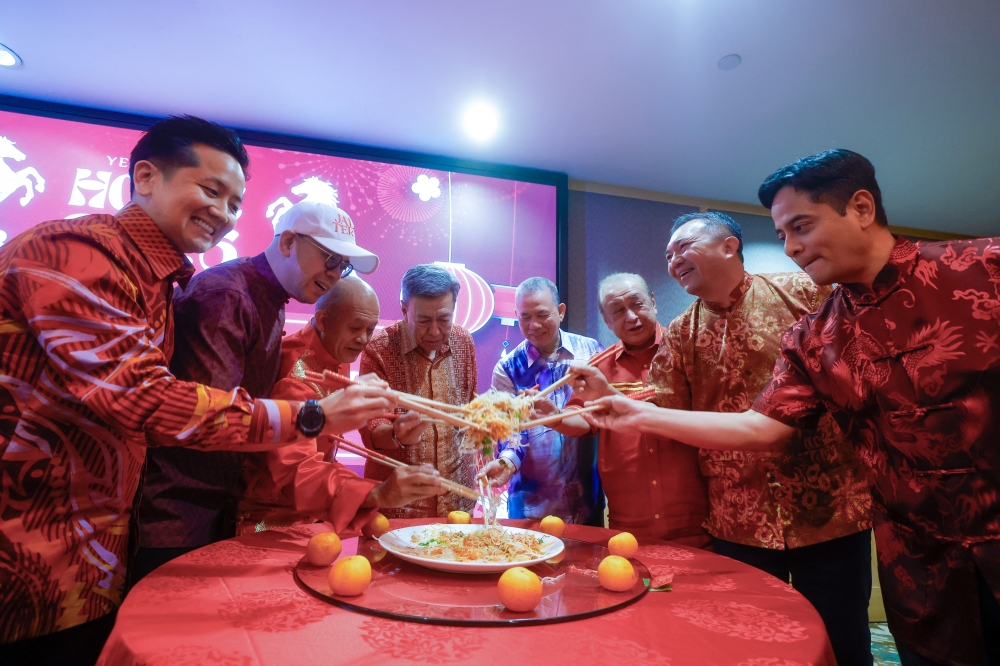JULY 28 — “There is Malaysia in us.”
The Nepali was from a family who had worked in Malaysia for decades — his grandfather, father and uncle. Back in Nepal now, they have this land etched in them.
He sits in a bar this evening eating his Momo — a Nepalese delicacy which actually they appropriated from the Bhutanese, he explains — after a day at his recruitment company.
A quiet Jalan Nagasari venue on a Tuesday with no more than 20 inside what would easily fit 90.
He asks my companion — since he’s an engineering recruiter — about tech employment opportunities. Not just Nepali guards and factory workers, but how about coders and web-designers, he probes? Twenty of us inside the establishment, and I was with the manager and security dude, the only three Malaysians present. We were massively outnumbered.
Which leads to the question which resides with the initial observation of migrant influx and their own aspirations, how about Malaysian aspirations? Depends on who is asked — the United Nations has it up to four million — a grave immigration situation has transpired in Malaysia.
The Nepali’s partner — also from his home country and on his way to marry a local — insisted it was seven million immigrants in our country. To provide dimension on the size of the complexity, there are less than six million people in Singapore — citizens and not.

In the backdrop, our former deputy prime minister Zahid Hamidi faces visa “power abuse” charges in court, as names of who’s who are serially dropped. Denials naturally follow.
It’s been building up for decades. Not the courtroom recriminations but the pile up of economic migration and the blur of temporary, long-term and citizenry.
Nations are based on citizenship. Interests and policies must emanate from those interests even if moral preponderances ask us to look beyond our national concerns.
We have a philosophical obligation to all who reside in Malaysia. But we have a legal and practical obligation to Malaysians. The former is abstract, despite globalisation this remains a world of nations. The latter is far more pressing and in terms of nation management, the primary priority, always the wellbeing of Malaysians.
It is not Malaysia or Malaysians alone who insist on being selfish, it is the terms of engagement elsewhere. Malaysians would face labour restrictions in Nepal, Bangladesh, India, Pakistan, Myanmar, Indonesia, Filipino, Thailand and Vietnam — who form the bulk of foreign workers here — as their respective governments are obliged to care for their own national interests.
Is Malaysia’s interest cared for enough? The evidence gathered suggests not. The numbers counted unofficially must shock our policy makers.
Yet it is not so from the lackadaisical manner it is discoursed by those expected to lead. It is almost an afterthought.
In here now
The Vietnamese boat people experience in Malaysia was an immigration success if seen solely from our perspective.
They arrived at the end of their civil war in the 1970s, up to a quarter of a million fleeing war’s carnage. Kept separate, they were minded carefully with an exit back to Vietnam or Western nations never forgotten by local administrators. By 2005, the last of them left.
They came and left. Malaysia did not want to be a Jordan. Which has a Palestinian majority today, those refugees who fled from the three wars which annexed the holy land of Palestine. They arrived, stayed for decades and changed the power and government dynamics of that Arab country.
And it did not.
However, the Vietnamese boat people process was the last orderly management of refugees in the country. The difference between them and the Rohingya today is the active participation of Western nations to naturalise Vietnamese refugees. The Rohingya are set to stay.
How things have changed! In the 1980s, foreign workers sightings — other than Indonesians — were rare.
Today they are ubiquitous.
On workday middays, Burmese mothers in sarongs wait outside shop-lots for their children attending classes in makeshift office units in Alam Jaya, Kajang. There are similar scenes all over the Klang Valley. The Nigerians put on their best clothes for church a block behind. To say the preacher in his robe is resplendent does not do enough justice. Mini Bangladesh and Myanmar streets mushroom when the numbers in the locality flourish. Pekan Batu 18 is Pongsun, Hulu Langat has Pakistanis in droves.
Indeed, the Vietnamese boat people situation is not going to be replicated anymore. The masses are here and they are in the millions.
What now, brown cow?
Xenophobia is not cool. But without a policy in place, an active debate to decide what is the right number of migrants to accept and how to manage those numbers, Malaysia asks for trouble.
How to placate the needs of Malaysians who need those mamaks to be open 24-hours and manned by foreign labourers while they, the local patrons, have jobs in an “ever-growing” job market to sate the expanding educated Malaysians from an uncontrolled number of institutes of higher learning?
Balance our need for comfort and our need for economic cover for Malaysians.
The Nepalis are interested to pass on their excess number of technology graduates to our job market but how about the Malaysians who want those jobs too? The problem is — as stipulated earlier — not only Malaysia’s. European nations and the United States grapple with an increasing number of developing world migrants. Measures to wall them off, turn them around, process the bare minimum, accept carte blanche or just send them to a worse option — Britain contorted Arsenal’s Visit Rwanda kit sleeve to reroute refugees there — are debated endlessly in their legislative houses.
The difference to Malaysia, it is turned into a non-issue.
There is this false notion that once Malaysia is tired of any number of economic refugees it can just send them away. There are those who believe the crude and cruel processing of over-stayers would carry word back to their home countries and stymy new arrivals. It builds cultural resentment to Malaysian authorities, yet the numbers have not shrunk.
Second, Malaysia is close and porous, which would suggest the debate would be more imminent and dire here. But it is not. Our leaders have imported their thinking for all national issues to this dire issue, “let’s not bother till it’s too late, and then we can blame someone for it. Screw solving it.”
Closing time
As it inches to 3am, one by one the Changkat Bukit Bintang bars close. The tired but relieved foreign workers amble down the stretch to their crowded housing around the stretch. It would be heartless to not sense their own expectations for their own futures. Or admire their resilience persevering in the face of adversity.
But to allow all things to flow organically and to expect a congenial and mutually beneficial outcome at the end is foolish at best, and monumentally irresponsible at worst.
Obviously, it reflects on the quality of leaders available on both sides of the aisle in Malaysia. At least 90 per cent of the politicians, this is a conservative estimation, have absolutely no measured opinion of how the policies can be altered to manage our economic migrants.
There are those who want to beat them up, or chain them up in boats till they arrive back to their home nations, or those who are adamant migrants need better treatment from our authorities. But few who articulate a sensible position on the matter. Take your favourite politician, and I probably mean that person as being inadequate to the challenge.
Though, really the rancour of those concerned or this columnist matter little as the ticking clock for this time bomb goes on.
This is not good for Malaysians or those migrants. Tick, tick, tick.
* This is the personal opinion of the columnist.







